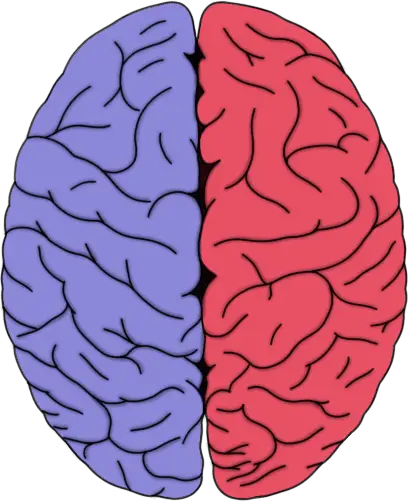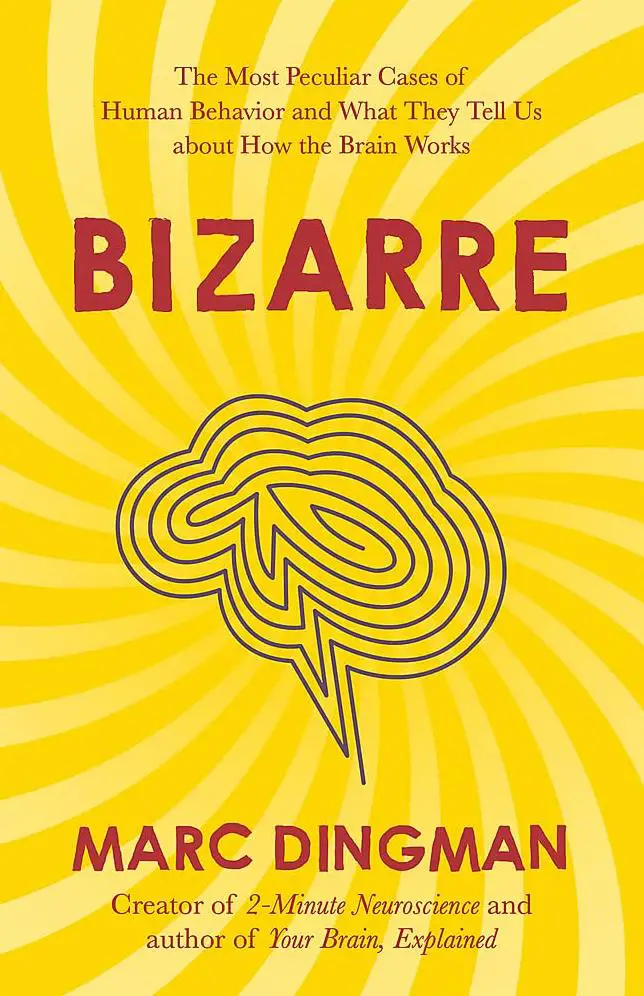Drugs, Love, & War: All the Same to the Brain?
In many ways, of course, the brain handles drugs, love, and violence drastically differently. Researchers have been aware for some time, however, that love and drugs also have many similarities in how they are processed by the brain. A neurotransmitter called dopamine has been found to be necessary for participation in drug-seeking or love-seeking behavior. In fact, it has been implicated in nearly every experience we consider rewarding, such as love, drugs, eating, and sex. This has caused one of the primary dopaminergic systems of the brain, the mesolimbic dopamine pathway (along with other accompanying structures) to be referred to as the reward system of the brain. Originally it was thought that this system must be responsible for the euphoric effects one feels when using drugs or while experiencing romantic love. Later experiments showed, however, that it is more likely dopamine is necessary for reinforcement--for helping the brain to remember what experiences were rewarding, and what clues in the environment to look for in order to facilitate the reoccurrence of those experiences. For example, an ex-smoker might get a whiff of cigarette smoke from a passerby and feel a craving to have a cigarette. This associative memory experience is probably due to dopamine.
Now for the first time researchers have drawn a direct connection between dopamine and aggression. Many of us have felt the surge of energy that accompanies watching a boxing match, or a fight during a hockey game, and some may even have been embarrassed when overcome with such a "primal" emotion. Maria Couppis and other researchers at Vanderbilt University conducted an experiment with mice to further explore this violence-associated euphoria. In the experiment a male and female mouse were kept together in a cage and several other mice were kept in a separate cage. The female mouse was removed and replaced with one of the intruder mice, provoking an aggressive response by the "home" male mouse. The female mouse was returned and the intruder removed. The home mouse was then trained to push a target with its nose in order to have the intruder mouse put back into the cage, when it would again behave aggressively toward it. The fact that the mouse continually pushed the target indicates the opportunity to engage in the aggressive defense may have been rewarding to the mouse. Then the mouse was treated with a dopamine antagonist, which blocks the activity of dopamine. This significantly reduced the mouse's target-pushing behavior. The experiment was repeated with a number of different mice, and with changes in environment, with similar results.
This experiment is the first to demonstrate a distinct similarity between violence and other reward seeking behavior. Why would our brains put violence in the same category as sex? The consensus opinion on rewarding behavior of any kind is there must have been an evolutionary advantage in pursuing that type of behavior in order for it to become part of our reward system. The evolutionary advantage of eating, for example, is obvious (it's necessary for survival), so it makes sense we should have evolved so eating is enjoyable for us. The same is true for sex. Without it we can't achieve our evolutionary goal of procreation, so it should be something we want to pursue. Aggression had its own evolutionary advantage. It was necessary to our ancestors in order to protect offspring, mates, territory, and food. So perhaps the fascination many of us have with violence comes from a brain system that evolved in a time when aggression was a necessary part of survival. It is important to mention, however, that just because violence may be a natural part of our evolutionary past does not mean it still holds a place in today's environment or behavior.


